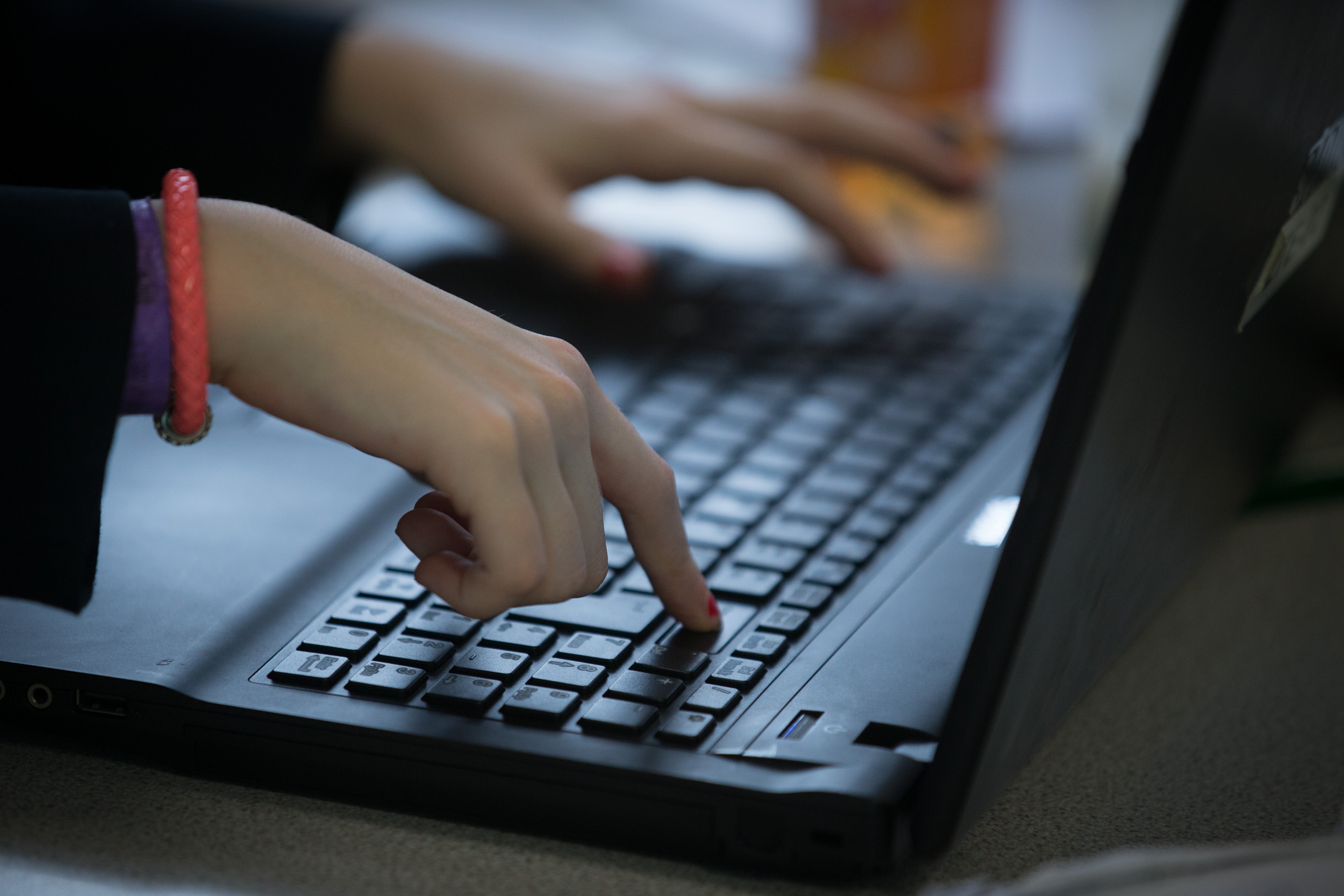Isolation could push young people into extremism, police warn
More children are being arrested for offences related to terrorism

Lonely young people could be drawn to terrorism during the pandemic, police have warned, as the amount of extreme right-wing material flagged to investigators rose more than 40 per cent.
So far this year a total of 3,000 pieces of suspected terrorist content have been flagged up to the Counter-Terrorism Internet Referral Unit (CTIRU) compared to 2,796 in 2019 — a rise of around 7 per cent.
But the number of referrals of right-wing content went from 134 in 2019, to 192 between 1 January and 20 November this year, a rise of 43 per cent.
An increasing number of children are also being arrested for terrorism offences at a time when the number of adults detained has dropped.
A total of 11 under-18s were arrested in the year ending September 2019, and this rose to 17 under-18s in the year to September 2020.
Detective chief superintendent Kevin Southworth from the CTIRU said that one unforeseen consequence of the global pandemic could be young people being radicalised.
He told the PA news agency: "There has been a slight shift during the pandemic, which may simply reflect people being at home more, and ultimately perhaps spending more time online.
"Perhaps in some instances sadly people who have less people to speak to perhaps recoursing to online media for greater quantities of their time because they've been stuck in self-isolating or lacking people to come into contact with.
"It could be a sad corollary really of the Covid pandemic that we've not yet really fully realised."
On Monday the unit published a blog by one of its sergeants, identified only as Paul, who warned parents that their children may be viewing terrorist material online during the Christmas break.
He wrote: "It would be misguided to think that the youngsters finding terrorist propaganda online and being sucked in by its eye-catching graphics and false promises of martyrdom are archetypical terrorist 'suspects'.
"They're not — they vary by gender and ethnic background; some are high-achievers at school, others not so; some are from impoverished backgrounds, others more fortunate.
"They're sons, daughters, siblings and friends — possibly yours, though you may not like to think it."
Between January 1 2019 and June 30, 2020, around 1,500 children aged 15 and under were identified as being at risk of radicalisation as part of the Government Prevent scheme.
Mr Southworth said: "There's perhaps a challenge that young people face in the modern age that we didn't face when we were younger.
"We are in the digital age now where everyone has access to copious quantities of open source material, and if you are a youngster in the middle of a global pandemic like this who's spending a long time online perhaps with less human contact than you might normally enjoy, especially if you're someone who has any other underlying vulnerability or perhaps a mental health illness, then there's always that chance that you may be drawn to extreme material."
A website and helpline — Act Early — have been set up to encourage adults to report signs of young people at risk of being radicalised.
Mr Southworth said: "The one outcome that we would all want to avoid, family and friends alike, is that someone becomes radicalised or subject to hateful extremism in our midst, and then ultimately comes to injury or causes someone else an injury when we could have avoided it."
PA
Join our commenting forum
Join thought-provoking conversations, follow other Independent readers and see their replies
Comments


Bookmark popover
Removed from bookmarks